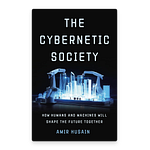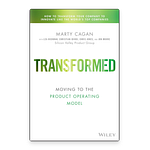In this book Huy Nguyen Trieu explores the profound impact artificial intelligence (AI) is having on the job market and outlines strategies for individuals and society to navigate this transformative era. Trieu argues that while technological advancements have historically caused disruption in the labor market, AI presents a unique challenge because it can directly replicate human skills, potentially leading to unprecedented levels of job displacement.
AI's Impact: A Historical Perspective
Trieu draws parallels between the AI revolution and previous industrial revolutions to contextualize the current shifts. He highlights how each technological leap, from mechanization to electricity to the internet, has reshaped industries, created new jobs, and made others obsolete.
First Industrial Revolution (early 19th century): Mechanization threatened jobs in industries like textiles. While artisans like the Luddites fought against this change, mass production ultimately replaced skilled craftsmanship, leading to economic growth but also displacement for many.
Second Industrial Revolution (early 20th century): Electricity, steel, and mass production created millions of jobs, particularly in manufacturing. However, this also devalued skilled craftsmanship, creating winners (engineers, managers, industrial workers) and losers (artisans, agricultural workers).
Third Industrial Revolution (mid-20th century): The internet and digital technologies led to the rise of high-paying jobs in software development while displacing middle-skilled roles like clerical work. Digitalization widened the gap between high- and low-paid workers.
Listen to this episode with a 7-day free trial
Subscribe to The Book Summaries to listen to this post and get 7 days of free access to the full post archives.










